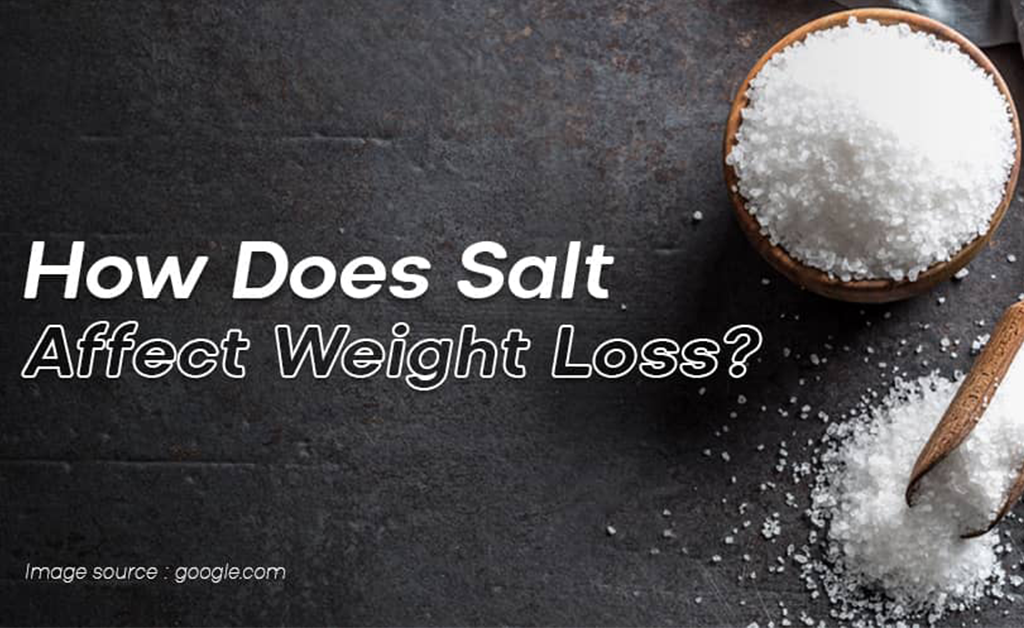
In the journey towards shedding those extra pounds, many factors come into play, and one that often goes unnoticed is salt intake. Yes, that humble seasoning sitting on your dining table can have a significant impact on your weight loss goals. Let's dive into how salt affects weight loss and what you can do about it.
Firstly, salt (sodium chloride) plays a crucial role in our body's fluid balance. However, excessive salt intake can lead to water retention, causing bloating and temporary weight gain. This bloating can mask your true progress, making it seem like your weight loss efforts aren't yielding results.
Moreover, high sodium levels in the body can increase blood pressure and disrupt the functioning of your cardiovascular system. This can further impede your ability to exercise effectively, hindering your weight loss journey.
Furthermore, salty foods are often highly processed and packed with calories, making them a detriment to your weight loss goals. Snacking on salty treats like chips and pretzels can add up quickly, sabotaging your calorie deficit.
But fear not! There are strategies to navigate the salty waters while still progressing towards your weight loss goals. Firstly, aim to reduce your overall salt intake by cooking more meals at home using fresh, whole ingredients. Opt for herbs, spices, and other flavourings to add taste without the added sodium.
Secondly, pay attention to food labels and choose low-sodium or sodium-free alternatives whenever possible. This simple swap can significantly reduce your daily sodium intake.
In conclusion, while salt may seem innocuous, its impact on weight loss shouldn't be underestimated. By being mindful of your salt intake and making conscious choices, you can overcome this hurdle and reach your desired weight loss goals.